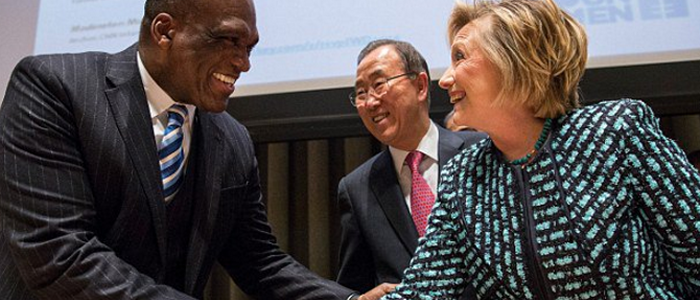It’s been pointed out to me that I was perhaps a bit too harsh in last week’s article, What Libertarianism Is and What Libertarianism Is Not. In that article, I lambaste the Libertarian Party and its current comedy revue of a presidential ticket for being terrible exemplars of libertarianism; indeed, my pithy Facebook summary read in part "there is nothing libertarian about the Libertarian Party." I stand by every word I wrote in both article and summary; the Libertarian Party is currently miles afield of what it actually means to be a libertarian. I checked: the phrase "non-aggression principle" appears only twice on the party’s web site, once in a quote from Ron Paul describing the great Mary Ruwart’s book, Healing Our World, and once as the title of a talk to be given at the 2014 Libertarian Party of Oklahoma state convention. The fact that the core principle of the libertarian philosophy goes effectively unmentioned on the Libertarian Party’s web site speaks volumes.
All of which is not to say, however, that the Libertarian Party is completely worthless. It’s terrible at spreading libertarian ideas, to be sure, but it’s effective at attracting people who are beginning to think libertarian thoughts; in a sense, it’s sort of like a big magnet that helps to draw in what Albert Jay Nock called the "Remnant." Many people are drawn to the Libertarian Party because they’ve noticed that neither the Democrats nor the Republicans offer a single alternative to endless war, and many others because they’ve begun to realize what a cruel, inhuman farce the drug war is — at this time, those are the two major issues that push people in the libertarian direction, and the Libertarian Party is there to catch the pushees.





